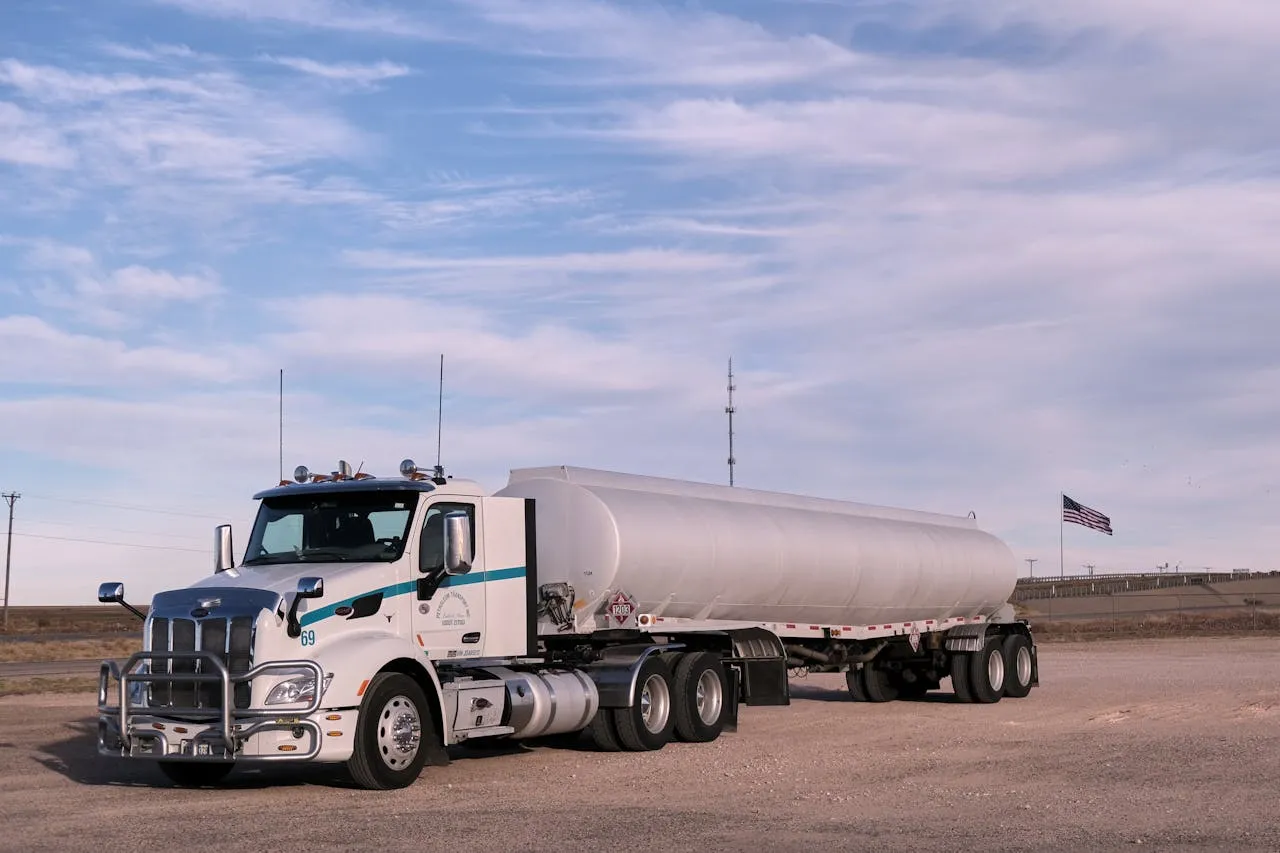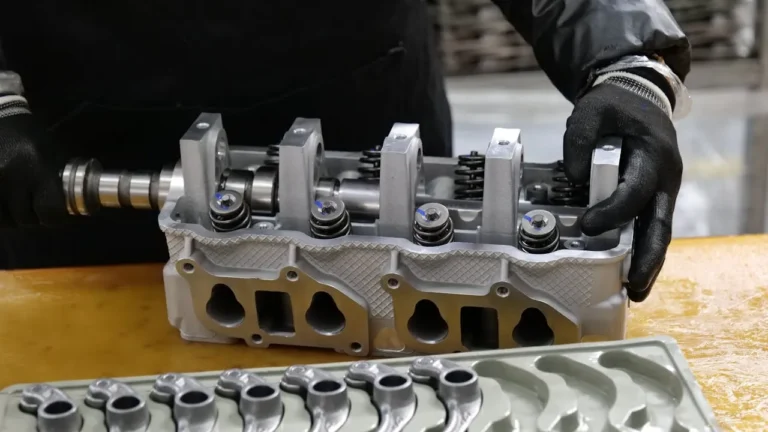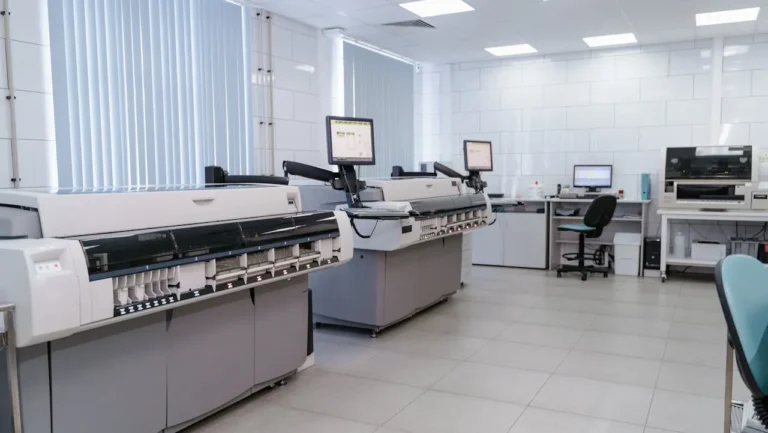
Daimler Truck Marks Milestone with Mercedes-Benz GenH2 Customer Trials, Covering Over 225,000 Kilometers
Daimler Truck has announced strong results from the first full year of real-world customer trials for its Mercedes-Benz GenH2 Truck, its hydrogen-powered fuel cell heavy-duty vehicle. Beginning in July 2024, five GenH2 prototypes entered active logistics service with prominent partners including Air Products, Amazon, Holcim, INEOS Inovyn, and Wiedmann & Winz. The goal was to rigorously test the trucks under genuine operating conditions while allowing customers early exposure to hydrogen-powered long-haul transport.
After almost a year of operations, the five trucks have collectively logged more than 225,000 kilometers in customer service — the equivalent of circling the globe more than five times along the equator. Daimler Truck emphasized that if the same distance had been covered by comparable diesel trucks, they would have required about 58,000 liters of fuel, generating roughly 154 tonnes of CO2 emissions.
Proven Efficiency and Performance
A key highlight of the trial was the performance of the fuel cell system, developed by cellcentric, a joint venture between Daimler Truck and Volvo Group. Hydrogen consumption averaged between 5.6 and 8 kilograms per 100 kilometers, depending on load and route conditions. The trucks operated with gross combination weights ranging from 16 to 34 tonnes, consistently demonstrating the practicality of hydrogen propulsion for heavy-duty applications.
Michael Scheib, Head of Entire Vehicle Development at Mercedes-Benz Trucks, called the results “extremely valuable” for refining the technology. “The deployment has shown that the GenH2 can deliver performance and efficiency across a range of transport scenarios,” he said. “The insights we’ve gained will directly shape the next steps toward series production, while also preparing our sales and service network for customer operations at scale.”
Real-World Deployment Across Germany
Each of the five participating companies integrated the GenH2 into daily operations across Germany:
- Amazon deployed the truck along a dedicated logistics route between Frankenthal and Sindelfingen, operating on a five-day schedule.
- Air Products transported bottled gases from its Hattingen site to customer locations, ensuring reliability in industrial supply chains.
- Holcim used the truck to haul cement within Germany and into the Netherlands, highlighting its suitability for the construction materials sector.
- Wiedmann & Winz, in cooperation with DP World, deployed the vehicle in combined transport, moving sea containers between transport hubs and industrial clients.
- VERVAEKE, working with INEOS Inovyn, used the truck for transporting PVC and vinyl products.
Feedback across the board was positive. Customers pointed to the trucks’ long range of more than 1,000 kilometers, refueling times of just 10–15 minutes, and seamless integration into existing logistics schedules. Drivers also praised the quiet operation, dynamic acceleration, and overall comfort, describing it as comparable to modern diesel trucks.
Customer Endorsements
Several partners shared strong endorsements of the trial program.
- Air Products’ Thomas Hollad noted that the truck operated “reliably throughout,” while praising Daimler’s responsive technical support.
- Amazon’s Fabian Duex reported “solid reliability and fuel efficiency,” with consistent ranges above 1,000 kilometers per tank.
- Holcim’s Roger Haschka stressed the importance of creating an economic business case for hydrogen trucks, calling them a “viable technology for decarbonization.”
- Wiedmann & Winz’s Micha Lege highlighted the GenH2’s ability to match diesel trucks in range and practicality, describing hydrogen as a critical part of a “technology mix” for the future.
These statements underline the strong confidence among early adopters in hydrogen as a long-term complement to battery-electric trucks.
Refueling with Liquid Hydrogen
Throughout the trials, trucks refueled at stations in Wörth am Rhein and Duisburg. Over 285 refuelings were carried out, consuming about 15 tonnes of liquid hydrogen. Daimler Truck favors liquid hydrogen (sLH2) over gaseous hydrogen due to its higher energy density, which allows for longer ranges with lighter, more compact tanks. Each GenH2 prototype was fitted with two 40-kg tanks, enabling long-distance performance comparable to diesel-powered vehicles.
Service and Support Infrastructure
Daimler Truck provided close technical and service support during the trials. Specialized service teams in Haan and Stuttgart-Feuerbach were trained and certified to handle the GenH2, ensuring quick maintenance and repair. Dedicated Key Account Managers acted as single points of contact, ensuring customers had continuous assistance. This direct collaboration between engineering, after-sales, and customer operations was highlighted as a decisive factor in the smooth performance of the program.
Next Steps: Expanding Trials and Scaling Production
Looking ahead, Daimler Truck plans a second trial phase beginning in late 2025, adding five more customers to broaden use-case scenarios. Parallel to this, the company has begun development of the next generation of GenH2 trucks, with small-series production of around 100 vehicles scheduled to begin at the Mercedes-Benz Wörth plant in late 2026.
However, Daimler Truck emphasized that a broader rollout of fuel cell trucks will depend heavily on hydrogen infrastructure. Current refueling networks remain sparse, particularly for liquid hydrogen. To enable widespread adoption, Europe will need about 2,000 hydrogen stations by 2030.
Until then, the company continues to pursue a dual-track strategy with both battery-electric and hydrogen-powered trucks, positioning itself to lead the decarbonization of freight transport in the 2030s.




